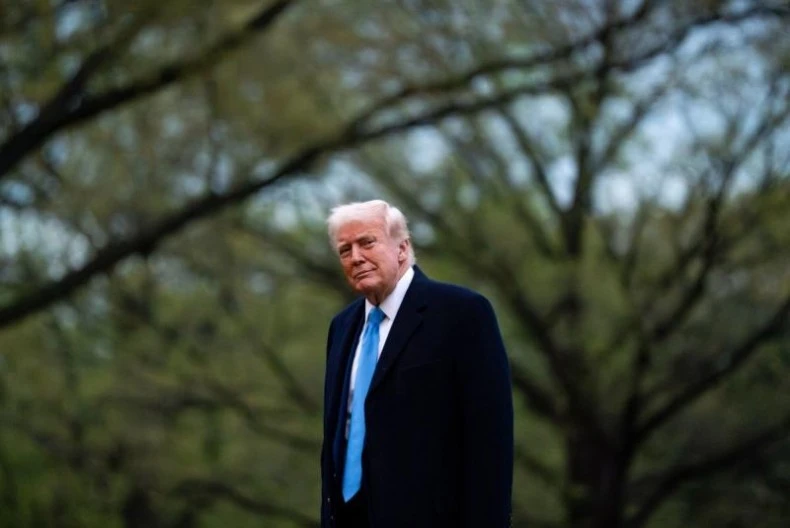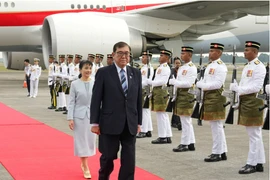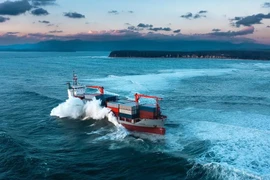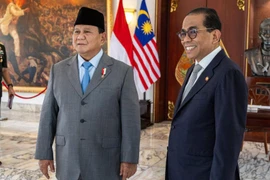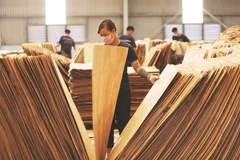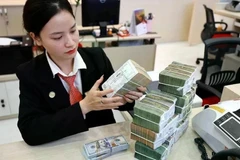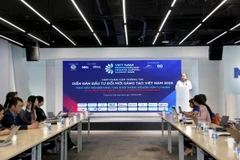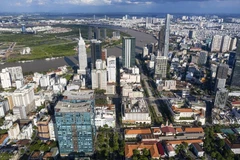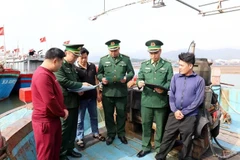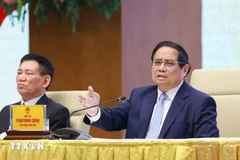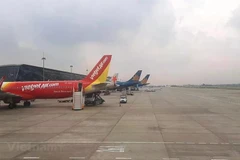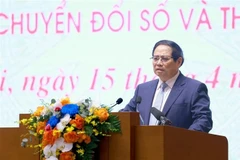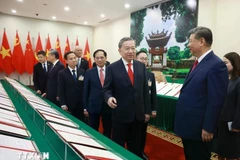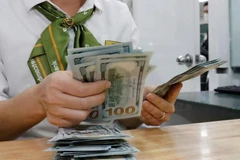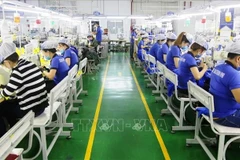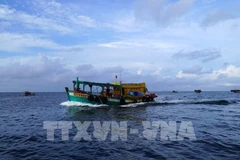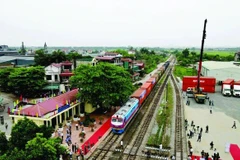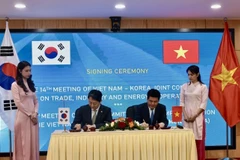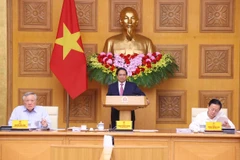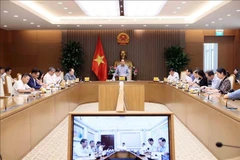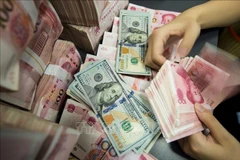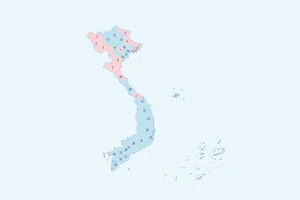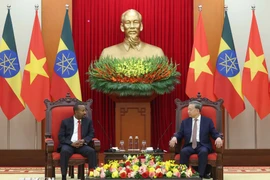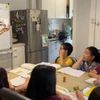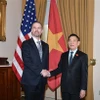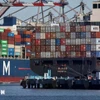Kuala Lumpur (VNA) – Malaysian Prime Minister Anwar Ibrahim has spoken out against the US’s reciprocal tariffs, but affirmed that the country will not introduce retaliatory tariffs and that the sixth largest economy in ASEAN will not fall into recession for now.
In a video addressing the US tariffs shared with the press on April 6, he committed to secure a favourable resolution that preserves vital market access, attracts foreign investment, and supports the well-being of Malaysian workers and businesses.
In the spirit of maintaining positive and progressive relations with all trading partners, Malaysia will engage constructively with the US to safeguard market access, uphold investor confidence, and secure fair outcomes for the country’s exporters.
PM Anwar, who is also Finance Minister, noted that with the US imposing a 24% tariff, the country’s projected GDP growth of 4.5% to 5.5% for this year may need to be revised. Nevertheless, he asserted that Malaysia’s macroeconomic fundamentals remain strong, supported by robust household spending, strong domestic investment, healthy tourism revenue, and the ongoing implementation of national master plans.
However, Anwar stressed that as an open trading nation, Malaysia views the unilateral decisions on reciprocal tariffs as a major threat to the current global trade and investment system, running counter to the principles of free trade. As one of the US’s largest trading partners in ASEAN and a major destination of foreign direct investment, Malaysia recognises that the medium- to long-term impacts will be challenges, affecting almost every other trade and investment partner of Malaysia and will likely hit global economic growth.
The same day, in a post on his social media page, Anwar shared that he had held phone talks with Vietnamese PM Pham Minh Chinh, during which they emphasised the importance of strengthening regional cooperation and diversifying supply chains to enhance ASEAN’s economic resilience.
Sharing a similar stance, Indonesia - another ASEAN country - also declared it would not retaliate against US President Donald Trump’s decision to impose trade tariffs on Southeast Asia’s largest economy. Indonesia would pursue diplomacy and negotiations to find mutually beneficial solutions, Coordinating Economic Affairs Minister Airlangga Hartarto said in a statement on April 6./.
